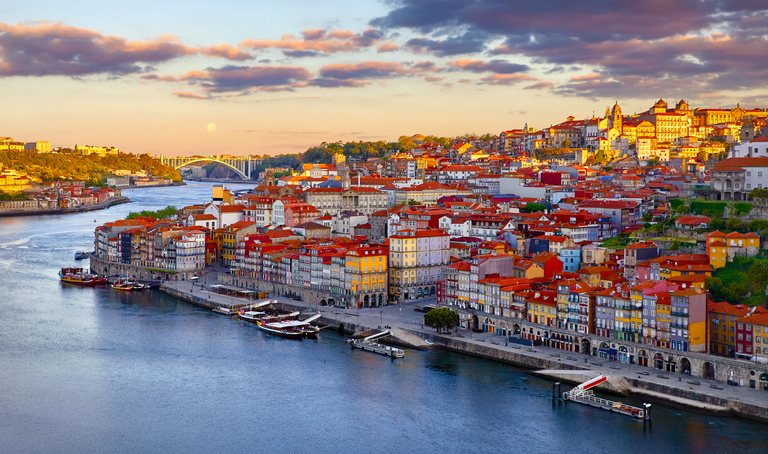Portugal will go into recession this year as the coronavirus outbreak hits private consumption and investment and exports collapse, the central bank said on Thursday.
Portugal has 3,544 confirmed cases of coronavirus, with 60 reported deaths, far below other southern European countries such as Italy and Spain.
In its economic bulletin, the first data set showing the impact the fast-spreading coronavirus is likely to have on the economy, the Bank of Portugal said gross domestic product will drop between 3.7% and 5.7% in 2020. Last year it grew 2.2%.
Private consumption is set to fall 2.8% to 4.8% and exports will decrease 12.1% to 19.1% this year, according to the bulletin. Private investment will drop between 10.8% and 14.9%.
The unemployment rate is set to increase to between 10.1% and 11.7% this year, compared with 6.6% in 2019.
“The outlook for the Portuguese economy deteriorated sharply and significantly as a result of the impact of the Covid-19 pandemic,” the Bank of Portugal said in a statement.
The outbreak will have “very significant and potentially long-lasting effects”, it said.
It said Portugal, which completed a strict EU bailout programme in 2014 in the wake of the 2008 global financial crisis, will return to economic growth over the next two years.
It projected growth of 0.7% to 1.4% in 2021 and 3.1% to 3.4% in 2022.
‘UNPRECEDENTED CHALLENGE’
Portugal declared a state of emergency on March 18, which meant the closure of non-essential businesses, a measure affecting thousands of jobs across the country.
The government also announced a 9.2 billion euro ($10 billion) package worth 4.3% of annual GDP to support workers and provide liquidity for companies affected by the outbreak.
Boosted by the exports sector, the tourism industry and private investment, the economy has been steadily growing since it exited its bailout programme in 2014.
On Wednesday, Portugal reported a budget surplus of 0.2% of gross domestic product in 2019 – its first in 45 years of the country’s democratic history – after a deficit of 0.4% in 2018.
That day Finance Minister Mario Centeno said all scenarios pointed to an economic recession due to the impact of the coronavirus and restrictive measures implemented to stem the pandemic.
The Bank of Portugal said the economy has “specific vulnerabilities”, including its reliance on tourism, which accounts for nearly 15% of gross domestic product and was a key driver of the recovery from its 2010-14 debt problems.
With holidaymakers told not to travel, the tourism industry is already feeling the impact of the coronavirus. The country’s AHP hotels association has said the hotel sector could lose at least 30% of its revenues this year.
“The crisis triggered by the new coronavirus constitutes an unprecedented and serious challenge to economic policies,” the central bank said. But it also expressed confidence, saying that Portugal will know how to “overcome the current emergency situation”






